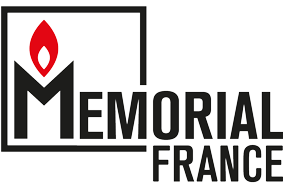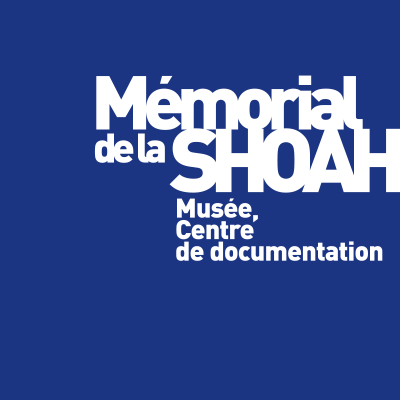New! Cycle of conferences presented by the association Mémorial France novelty
wednesday 05 november 2025tuesday 16 december 2025
At a time when Europe is commemorating the 80th anniversary of the end of the Second World War, history once again becomes a major issue. Glorious and frozen narratives are mobilized to justify ancient dominations or new aggressions. Faced with the political instrumentalizations of the past, a group of historians committed to the renewal of the history of Central and Eastern Europe and the former USSR offers a series of conferences for the general public. Their aim: to make accessible the most recent research findings, resulting from years of work on archives and direct testimonies collected throughout the region.
These interventions invite us to rethink the war’s exit from the East, beyond imposed narratives, by restoring their place to contradictions, repressed memories, and post-1945 realities. Questioning this period is to shed light on the still vivid fractures of our present. It is also to better understand how the political uses of history continue to influence the balance of power in Europe today.
Ukraine-Poland: Reconfiguring and nationalizing borders through the forced displacement of minorities (1944-1947)
November 5, 2025, from 6 PM to 8 PM – Free admission
at the Edmond J. Safra auditorium
By Catherine Gousseff, Research Director at the CNRS.
After the major population displacements linked to the war, the reconfiguration of the western borders of the USSR leads to massive transfers of people perceived as foreigners, called upon to return to their nation of origin. Between Poland and Soviet Ukraine, enlarged by the attachment of eastern Galicia and Volhynia, one and a half million people are forced to leave towards the West or the East. This conference explores how Moscow has organized these exchanges in the chaotic post-war period and the human experience of displaced populations.
I take my place
Restoring justice in the post-war period (1944-1953)
November 26, 2025, from 6 PM to 8 PM – Free admission
at the Edmond J. Safra auditorium
By Juliette Cadiot, Director of Studies at the EHESS (Centre for Russian, Caucasian, East European and Central Asian Studies).
Despite their violence, the Soviet regime and the current Russian government affirm the importance of law and legal institutions, while remaining wary of the rule of law. The post-war period illustrates the tension between legality and executive control, showing how the law functions as a myth and legitimizing force of power, sometimes in contradiction with the authoritarian regime. The conference is based on concrete examples: training of lawyers, prosecution of war criminals, legislation against theft, etc.
I take my place
Appeasing conflicts and conquering through images: the Soviet documentary in the Baltic states (1944-1953)
December 16, 2025, from 6 PM to 8 PM – Free admission
at the Edmond J. Safra auditorium
By Irina Tcherneva, Researcher at the CNRS.
The occupation and annexation by the Soviet Union of the Baltic states, eastern territories of Poland and Romanian territories expanded the activity of the Soviet film industry. Despite the interruption due to the Nazi occupation, Soviet cinema, from the time of the reconquest in 1944, confronted political and social heritages, documenting war crimes, relaying the thirst for justice and participating in visual propaganda in contexts of (re)conquest.
I take my place
By the way:
This cycle of meetings is presented by the association Mémorial France, a non-profit organization governed by the law of 1 July 1901 and the decree of 16 August 1901. It was created on April 1, 2020. The association aims to support the memory of human rights violations in the past and the defense of rights today in the states of the former USSR and the former Eastern bloc, as well as to enrich the public reflection on institutional violence in authoritarian and illiberal regimes.


